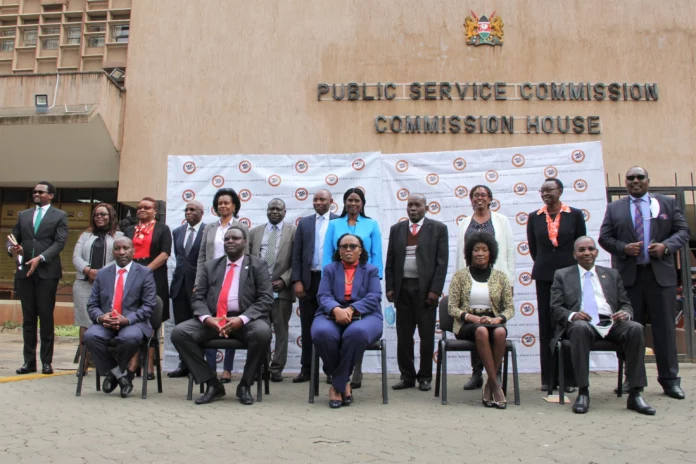The Teachers Service Commission (TSC) in Kenya has embarked on a significant endeavor to fortify the Teacher Professional Development (TPD) scheme, which encountered a setback from the Labour Court in 2019. In a bid to address the deficiencies highlighted by the court and to integrate TPD firmly into its regulatory framework, the TSC has proposed amendments encapsulated in the TSC Amendment Bill 2024, recently tabled in Parliament. This article delves into the proposed changes, the rationale behind them, and the potential implications for the teaching profession in Kenya.
Quick Summary:
- The Teachers Service Commission (TSC) is pushing for amendments to anchor the continuous Teacher Professional Development (TPD) scheme within its regulatory mandate, addressing previous setbacks highlighted by the Labour Court.
- Proposed changes seek to address loopholes identified in the TPD programme’s lack of regulation and implementation matrix.
- TSC CEO Nancy Macharia has revealed plans to allocate additional funds to finance the rollout of the professional development program, contingent upon parliamentary approval.
Entrenching Continuous Professional Development
The TSC’s proposed amendments aim to rectify the shortcomings pinpointed by the Labour Court, particularly the absence of regulatory oversight and a clear implementation framework for the TPD programme. By seeking legislative backing to embed TPD within its regulatory ambit, the TSC aims to provide a structured and regulated platform for continuous professional development among teachers.
Financial Implications and Parliamentary Approval
TSC CEO Nancy Macharia has articulated plans to secure an additional budget allocation of Sh 3.2 billion to support the implementation of the TPD programme. This financial commitment underscores the TSC’s determination to alleviate the financial burden previously shouldered by teachers participating in the programme. However, the allocation is contingent upon parliamentary approval, highlighting the need for legislative endorsement to facilitate the program’s sustainability and effectiveness.
Yearly Renewal and Professional Certification
The proposed amendments advocate for the yearly renewal of professional certificates, a departure from the previous five-year cycle. This adjustment aims to ensure that teachers undergo regular professional development activities to stay abreast of evolving pedagogical practices and technological advancements in education. Additionally, the amendments intend to enforce mandatory participation in prescribed continuous professional development programmes, with non-compliance potentially affecting teachers’ eligibility to teach in both public and private institutions.
Turf Wars and Qualification Framework
The proposed changes are poised to ignite debates and potential conflicts with teachers’ unions and other stakeholders, particularly concerning the review of entry requirements for teacher training institutes. The TSC advocates for raising the minimum qualifications for aspiring teachers, aligning them with the demands of the new education curriculum and international standards. This move aims to elevate the status of the teaching profession and enhance the quality of educators entering the workforce, catering to both domestic and international job markets.
